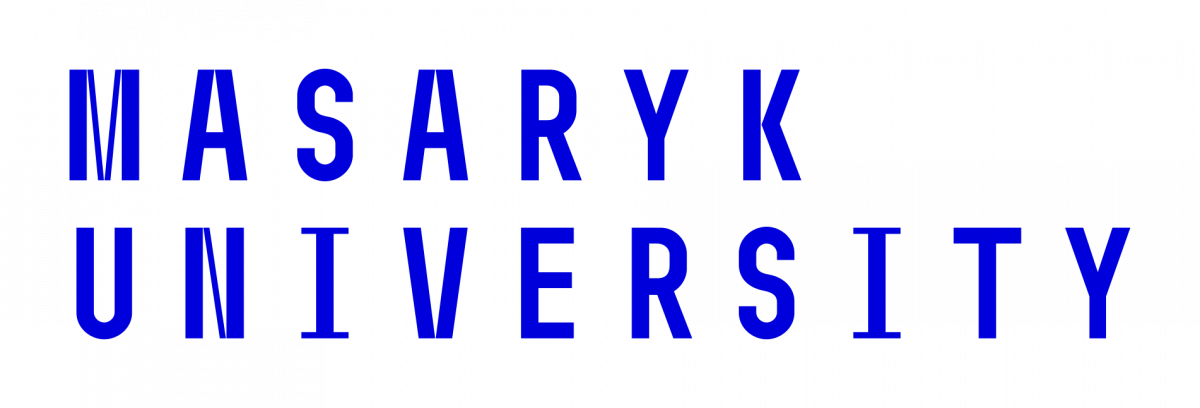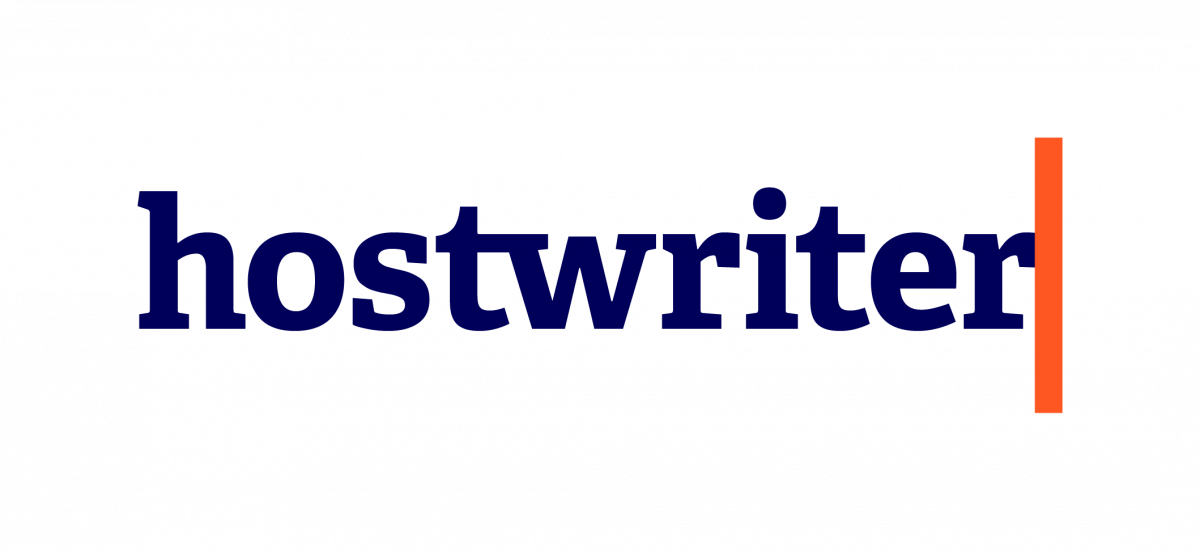The term hate speech refers to expressions that can take many forms such as making negative statements about racial, ethnic, religious, gender, or minority groups in society. It is often based on prejudice, intolerance, and the intention to discriminate against individuals or groups. Spreading stereotypes and false assumptions may incite hatred and social conflicts and, in extreme cases, even crimes and acts of violence.
The dissemination of hate speech can endanger democratic values and human rights. Among others, legal prohibition and sanctioning can be an important tool to take action against and prevent hate speech. However, such legislation is a complex issue, as it also might restrict the freedom of opinion, which is a fundamental right. Accordingly, hate speech is not a legal term in some countries, but its legal regulation differs from country to country.
The spread of hate speech is often particularly facilitated by digital communication channels, where large audiences can be reached quickly and without control. Common means for the spread of hate speech are social networking sites, comment sections, forums, blogs, and websites specifically created for this purpose. Therefore, stronger action and rules by internet companies, social networking sites and platforms (e.g. in their community standards) against its distribution can be a tool to combat hate speech. The European Commission and four major internet platforms announced a Code of Conduct against hate speech in 2016. The United Nations Strategy and Plan of Action on Hate Speech was launched in 2019.
Aside from legal means to combat hate speech, developing media users’ and journalists’ awareness is certainly a powerful tool in recognizing changing forms of hate speech and being able to respond to it effectively. Various initiatives help to raise journalists’ awareness of hate speech, such us the Ethical Journalism Network and the MediaAgainstHate campaign led by the European Federation of Journalists and a coalition of civil society organisations.









